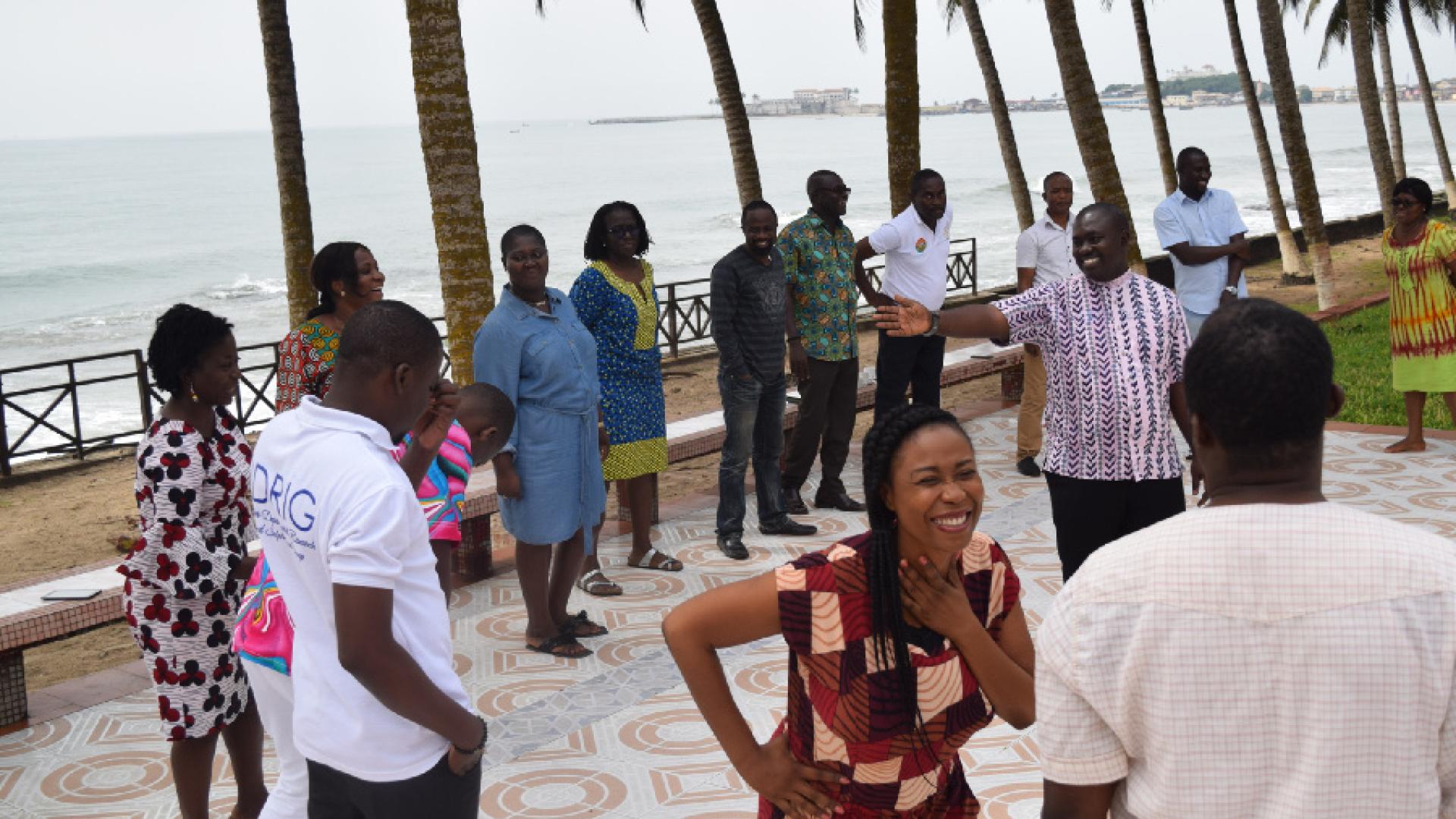Better laws for Ghana: Making data accessible to legislators

Sitting in the Library of the House of Commons it’s hard to imagine how legislators could lack good quality research to inform their legislative initiatives.
Systems, researchers and the library in the Parliament of Ghana worked in isolation, leaving legislators and their offices confused about help on offer and diminishing the effectiveness of the institution.
The Inter-Departmental Research and Information Group (IDRIG) which we are helping establish provides a facility for Ghanaian lawmakers to commission research and also a system to share information between different departments including Library, ICT and Research.
This week, WFD will open an exhibition, as part of the Research and Information Week in parliament, to present results to legislators, academia, civil society, media and other users of parliamentary facilities.
Before the establishment of the group, departments worked in isolation and competition between them was the norm. The lack of communication led to the establishment of multiple ‘information storage systems’ to the benefit of technology providers and expensive consultants but to the detriment of legislators and the reputation of the parliamentary service.
What is left is for us in the departments to effectively collaborate to get the best out of this support.
Mohammed Nyagsi, Director of Research in the Parliament of Ghana
Change is never easy to embrace but parliamentary staff in Ghana are starting to see the benefits of working together. As Gloria Insaidoo, the Director of Library Services, recently told us: ‘We are all aware of the turf protection that exists among departments, I have analysed the concept of working in common areas offered by this WFD platform and I would like to encourage colleagues to take these meetings seriously since it will benefit our work and the parliament in general.’
As part of this programme, we helped set up the IDRIG coordinating committee and the technical team in June 2016. These meet monthly and during emergencies and host training sessions and study tours which often result in the production of joint analysis, services and learning events that help legislators better fulfil their roles.
‘I have always had confidence in the support that Parliament receives from WFD,’ said Mr. Mohammed Nyagsi, the Director of Research in the Parliament of Ghana in his welcome address during the first meeting of the IDRIG Coordinating Committee, ‘What is left is for us in the departments to effectively collaborate to get the best out of this support.’
We remain committed to providing that support and adapt that support where needed. From human resources to communications, we have expanded our programme to meet the demands of an increasingly more professional parliamentary service and the political parties that can use it. WFD recently received a request from the Parliamentary Service Board to support party caucuses establish units that help them access and coordinate evidence.
Through coordination and better systems, one researcher can help several legislators pass better laws, which in turn will impact on the lives of millions. This is true at Westminster and is becoming a reality in Ghana too.